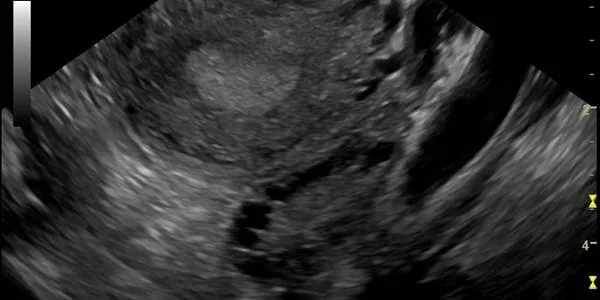
Gut Bacteria: The Secret Key to Managing Stress Revealed by UCC Scientists
2024-11-06
Author: John Tan
Introduction
A groundbreaking study out of University College Cork (UCC) has unveiled a fascinating link between gut bacteria and the body’s response to stress, paving the way for innovative therapies targeting anxiety and depression.
Research Overview
Researchers from UCC and APC Microbiome Ireland highlighted the crucial role that gut health plays in managing stress, particularly how it interacts with our body’s circadian rhythms.
Study Findings
Published in Cell Metabolism, the study’s findings demonstrate that the trillions of microorganisms residing in our gastrointestinal system, collectively known as gut microbiota, significantly influence hormonal reactions to stress.
Conducted on mice, the research indicates that a depletion of gut microbiota triggers an overactive hypothalamic-pituitary-adrenal (HPA) axis — our primary system for responding to stress — in a time-specific manner.
Effects on the Brain
This overactivity results in profound changes in brain regions that govern stress and circadian rhythms, thus altering how the body reacts to stressors.
Key Bacteria Identified
Notably, the study identified specific bacteria such as Limosilactobacillus reuteri, commonly found in human digestive tracts and breast milk, as critical players in these circadian-regulated stress responses.
Expert Insights
“This research highlights a significant connection between gut microbiota and the brain’s stress response,” said principal investigator Prof. John Cryan.
"The gut microbiome does much more than help digestion; it regulates how we cope with stress in a synchronized rhythm tied to our daily cycles. This insight emphasizes the need for maintaining a healthy gut, especially in our fast-paced, stress-laden lives.”
Dr. Gabriel Tofani, the study's lead author, added, “Understanding the interplay between gut microbiota and circadian rhythms is essential for developing targeted microbiota-based therapies for stress-related disorders.”
Implications for Anxiety and Depression
Interestingly, the significance of these findings extends beyond stress management; they suggest that improving gut health could revolutionize approaches to treating anxiety and depression.
Women's Health Initiatives at UCC
As a testament to the university's commitment to women's health, last month, two women-led start-ups at UCC secured over €1 million in funding from Enterprise Ireland’s Commercialisation Fund to develop innovative health products, proving that the intersection of gut health and broader wellness is becoming a focal point in scientific research.
Conclusion
In conclusion, this study opens doors to potential microbial-based therapies that not only enhance mental well-being but also underscore the critical importance of maintaining gut health in an increasingly stressful world.
Could this be the groundbreaking revelation we need in the fight against anxiety and depression? The future looks promising!



 Brasil (PT)
Brasil (PT)
 Canada (EN)
Canada (EN)
 Chile (ES)
Chile (ES)
 España (ES)
España (ES)
 France (FR)
France (FR)
 Hong Kong (EN)
Hong Kong (EN)
 Italia (IT)
Italia (IT)
 日本 (JA)
日本 (JA)
 Magyarország (HU)
Magyarország (HU)
 Norge (NO)
Norge (NO)
 Polska (PL)
Polska (PL)
 Schweiz (DE)
Schweiz (DE)
 Singapore (EN)
Singapore (EN)
 Sverige (SV)
Sverige (SV)
 Suomi (FI)
Suomi (FI)
 Türkiye (TR)
Türkiye (TR)